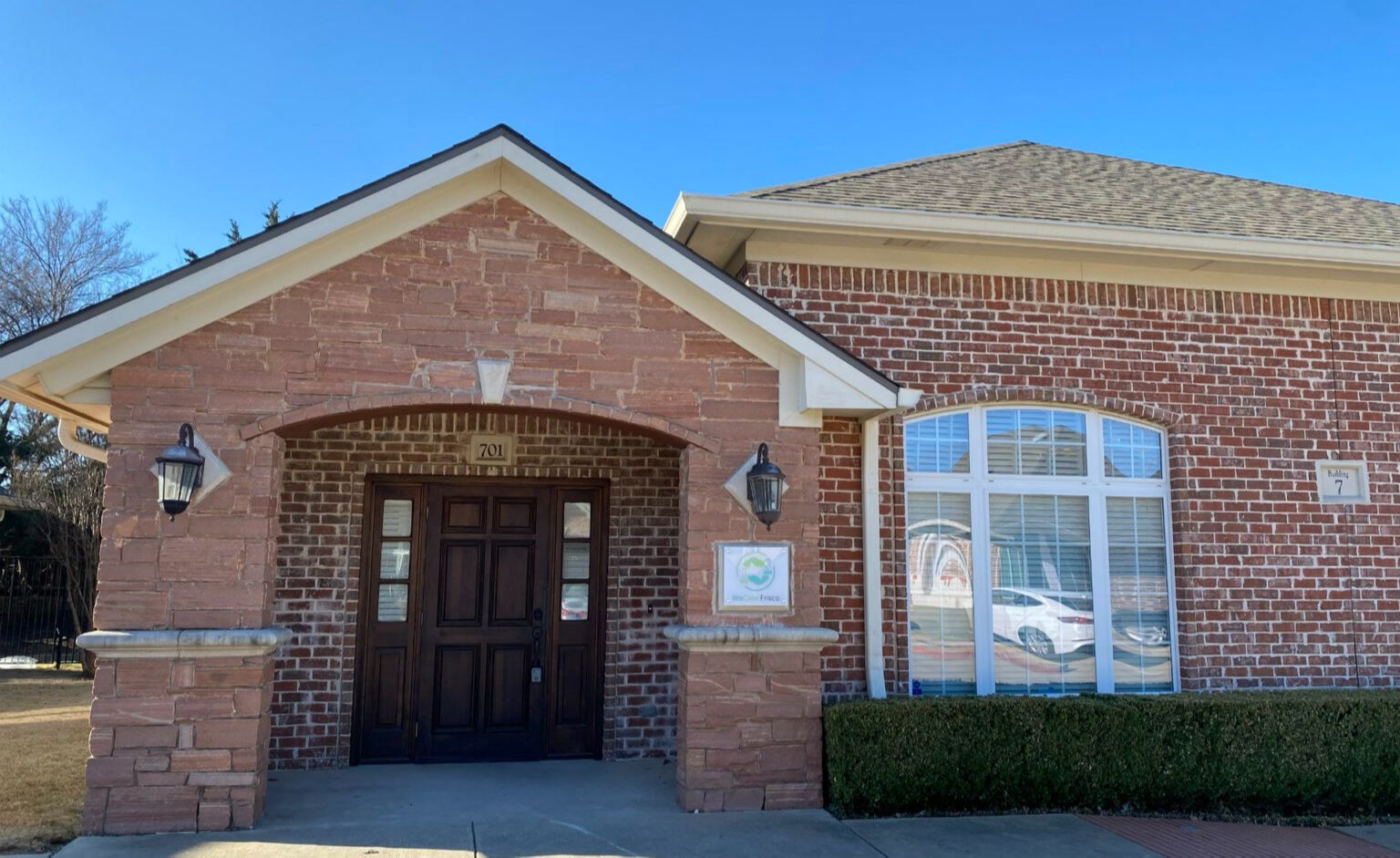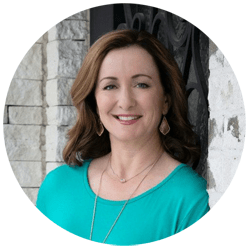
Environmental Toxins and Their Role in Breast Cancer Development
Oct 01, 2024By Jennifer Engels, MD
October is Breast Cancer Awareness Month, a time to reflect on the impact of breast cancer, raise awareness, and encourage early detection. Breast cancer is a serious concern, particularly for women. While it’s important to remember that men can develop breast cancer, too, women are significantly more affected. In the United States, about 1 in 8 women (approximately 13% of U.S. women) will be diagnosed with breast cancer at some point in their lives.
To break the statistics down a bit more, in 2024, an estimated 310,720 women and 2,800 men will be diagnosed with invasive breast cancer.
These figures remind us to continue focusing on prevention, early detection, and education.
When we think about breast cancer, most of us immediately consider genetics and lifestyle choices, such as diet and exercise. These factors are undoubtedly important, but one that often gets overlooked is the role of environmental toxins. Every day, we are exposed to numerous harmful chemicals in the air we breathe, the water we drink, the products we use, and even the food we eat. Understanding how these toxins might contribute to the development of breast cancer is critical to taking meaningful steps toward prevention.
The Hidden Threat: Environmental Toxins
Breast cancer develops when abnormal cells in the breast begin to grow uncontrollably. While the exact causes of breast cancer are still being studied, it's clear that genetics, lifestyle factors, and hormonal imbalances all play a role. However, one possible cause that's frequently underappreciated is the cumulative effect of environmental toxins. These toxins are chemicals that can disrupt the body’s normal processes and, over time, may increase the risk of developing cancer.
Here are some of the most common environmental toxins and how they may negatively affect breast health:
- Bisphenol A (BPA): Found in plastics, food containers, and the linings of canned foods, BPA is a known endocrine disruptor. It mimics estrogen in the body, which can lead to hormonal imbalances, a significant factor in the development of hormone-receptive breast cancers.
- Phthalates: Are often found in cosmetics, perfumes, and personal care products. Phthalates can interfere with the body’s endocrine system and have been linked to reproductive issues and an increased risk of cancer.
- Pesticides: Many agricultural chemicals, including pesticides, have been linked to an increased cancer risk. They may accumulate in our food and drinking water, exposing us to potentially carcinogenic substances.
- Parabens: These preservatives, used in cosmetics, lotions, and shampoos, have been found in breast tissue. Like BPA, parabens mimic estrogen, potentially encouraging the growth of breast cancer cells.
- Dioxins: Often produced as by-products in the manufacturing of herbicides and the bleaching of paper, dioxins are highly toxic and are linked to cancer, immune system damage, and reproductive problems.
- Polychlorinated Biphenyls (PCBs): Though banned in the U.S. in 1979, PCBs can still be found in older products and remain in the environment. PCBs are persistent pollutants that accumulate in the food chain and are linked to various cancers, including breast cancer.
- Perchloroethylene (PERC): This solvent is used at a lot of traditional dry cleaners in the U.S. The exact mechanism by which perchloroethylene increases breast cancer risk is not fully understood, but it is believed to involve the chemical's ability to induce mutations, affect hormone levels, and generate reactive oxygen species that can damage DNA.
Reducing Exposure to Environmental Toxins
While it’s impossible to avoid environmental toxins entirely, there are steps we can take to reduce our exposure. Here are some practical ways to minimize contact with these harmful substances:
- Use BPA-free products: Store food and water in glass or stainless steel containers instead of plastic containers. Avoid canned foods or opt for brands that use BPA-free linings.
- Choose natural or organic personal care products: Look for cosmetics, lotions, and shampoos free from phthalates, parabens, and other harmful chemicals. There are several readily available apps, such as the Yuka app and the (Environmental Working Group) EWG’s Healthy Living App, where you can scan the product, and it will tell you how toxic it is.
- Eat organic when possible: Organic foods are grown without synthetic pesticides and fertilizers, reducing exposure to toxic chemicals. Prioritize organic when buying produce most likely to be contaminated, such as strawberries and leafy greens.
- Filter your water: Installing a high-quality water filter can reduce exposure to toxins like pesticides and industrial chemicals in drinking water.
- Minimize processed food consumption: Many processed foods are packaged in materials containing BPA and other chemicals. Eating whole, fresh foods can help you avoid these toxins.
- Find an organic dry cleaner: Traditional dry cleaners use a solvent, Perchloroethylene (PERC) that is neurotoxic, potentially a human carcinogen, and is a persistent environmental pollutant. Try to find an organic dry cleaner that uses "green" cleaning methods that do not use perchloroethylene.
Functional Medicine’s Approach to Breast Cancer Prevention
Functional Medicine takes a comprehensive approach to breast cancer prevention, focusing on the whole person rather than just addressing symptoms. Instead of merely treating breast cancer once it develops, Functional Medicine aims to identify and address the underlying causes of disease, including environmental factors, hormonal imbalances, and chronic inflammation.
As a Functional Medicine practitioner, I work with patients to create personalized health plans that include dietary changes, detoxification strategies, and lifestyle modifications to reduce exposure to environmental toxins. Regular screenings and hormone assessments are also critical in catching potential issues early. Prevention is key, and the goal is to empower patients with the knowledge and tools to take control of their health.
If you want to learn more about how Functional Medicine can support breast cancer prevention, I encourage you to contact WeCare Frisco to schedule a Foundational Assessment. We can create a strategy that works for your unique body and lifestyle.
Taking proactive steps to reduce exposure to environmental toxins is vital to maintaining good health and reducing your risk of breast cancer. By making informed choices about the products we use and the foods we eat, we can better protect ourselves from harmful substances.
Let’s all work together this Breast Cancer Awareness Month to spread awareness and take the steps to live long, healthy, and productive lives.



